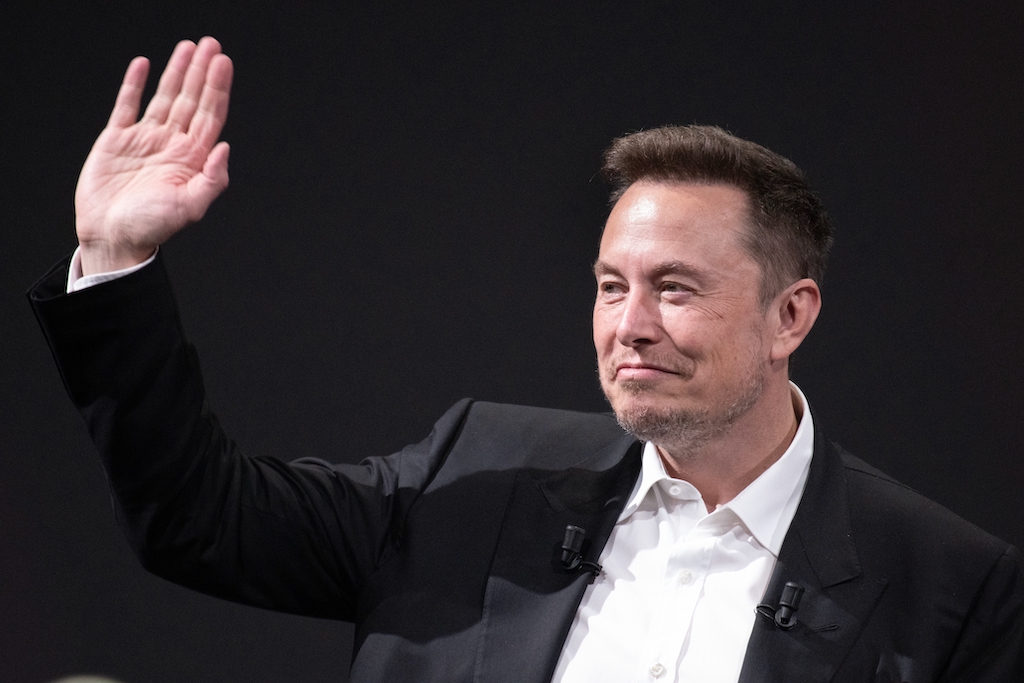Elon Musk’s legal team has filed for the dismissal of his lawsuit against OpenAI and CEO Sam Altman, effectively concluding a protracted legal dispute between the co-founders of the artificial intelligence firm. Musk, a co-founder of OpenAI in 2015, initiated the lawsuit in February, alleging that the company, known for its ChatGPT technology, had strayed from its original nonprofit objectives by reserving its most advanced AI capabilities for private clientele. The lawsuit sought a jury trial and requested restitution of profits gained by the company, Altman, and co-founder Greg Brockman.
OpenAI swiftly contested Musk’s allegations, labeling them as baseless and untenable in court filings and public statements. Moreover, the company released a blog post featuring excerpts from Musk’s earlier emails to OpenAI, which appeared to contradict his assertions in the lawsuit. Musk’s emails acknowledged the necessity of generating substantial revenue to sustain the computational infrastructure essential for the company’s AI endeavors, directly contradicting his claim that OpenAI was improperly pursuing profit.
In the latest development, Musk’s legal representatives have not provided a specific rationale for their decision to withdraw the lawsuit, as indicated in Tuesday’s court filing. A hearing on OpenAI’s motion to dismiss had been slated for the following day.
The withdrawal of the lawsuit follows a series of critical social media posts by Musk aimed at OpenAI, particularly concerning its data management practices, in response to Apple’s announcement of integrating ChatGPT with Siri. Musk’s threat to ban Apple devices from his companies if OpenAI’s technology is integrated at the operating system level underscores the intensity of the conflict between Musk and OpenAI.
The legal dispute between Musk and OpenAI encapsulates differing perspectives on the management and trajectory of the ChatGPT maker, now a prominent entity in the rapidly evolving AI landscape. Musk has accused OpenAI of prioritizing profit over the development of powerful artificial general intelligence, while OpenAI has portrayed Musk’s allegations as unfounded and attributed them to his departure from the company in 2018. However, Musk’s concerns about OpenAI’s leadership and strategic direction are not unique, as evidenced by prior instances of internal turmoil within the company, including Altman’s temporary removal amid concerns over AI risks, ultimately resolved with Microsoft’s intervention.



















